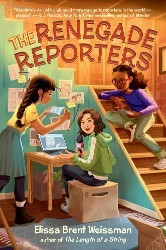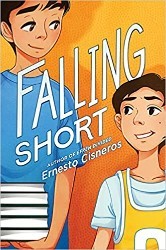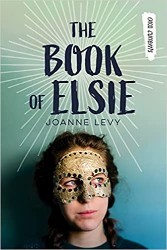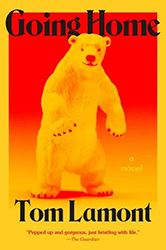Bess, the newly elected president of the sixth grade, has many wonderful ideas to improve student life at her school. One of her plans is to encourage the love of readings among her schoolmates. With the encouragement of the administration, the faculty, and the Parents Organization, she installs a book-vending machine in the school library so students can choose books for special occasions and have increased access to books year-round.
There is only one snag in Bess’ well-conceived pan: some parents don’t feel that students should have access to books that might be controversial or disturbing in any way. This includes books about the Holocaust as well as others on the non-approved list.
With the support of her parents and some of her friends, Bess undertakes an energetic fight for uncensored although appropriate reading material. She campaigns for freer access to books and information that will open the worlds of her classmates and others. Her friend June, the class vice-president, doesn’t exactly disagree with Bess, but June’s strongly opinionated mother heads the committee to restrict the books, putting both June and Bess in uncomfortable positions.
How Bess, her friends, and sympathetic adults resolve the issue makes interesting reading and provides much food for thought. The topics that arise are ripe for discussion among middle grade readers either with or without adult input, and this would be a great title for a book club or reading group. The issues at the core of the story are brought to light in a clear, sympathetic manner that highlights the importance of good communication, the value of thoughtful reading, and the understanding of other points of view while standing firmly and proudly for your own values and opinions.
Michal Hoschander Malen is the editor of Jewish Book Council’s young adult and children’s book reviews. A former librarian, she has lectured on topics relating to literacy, run book clubs, and loves to read aloud to her grandchildren.





